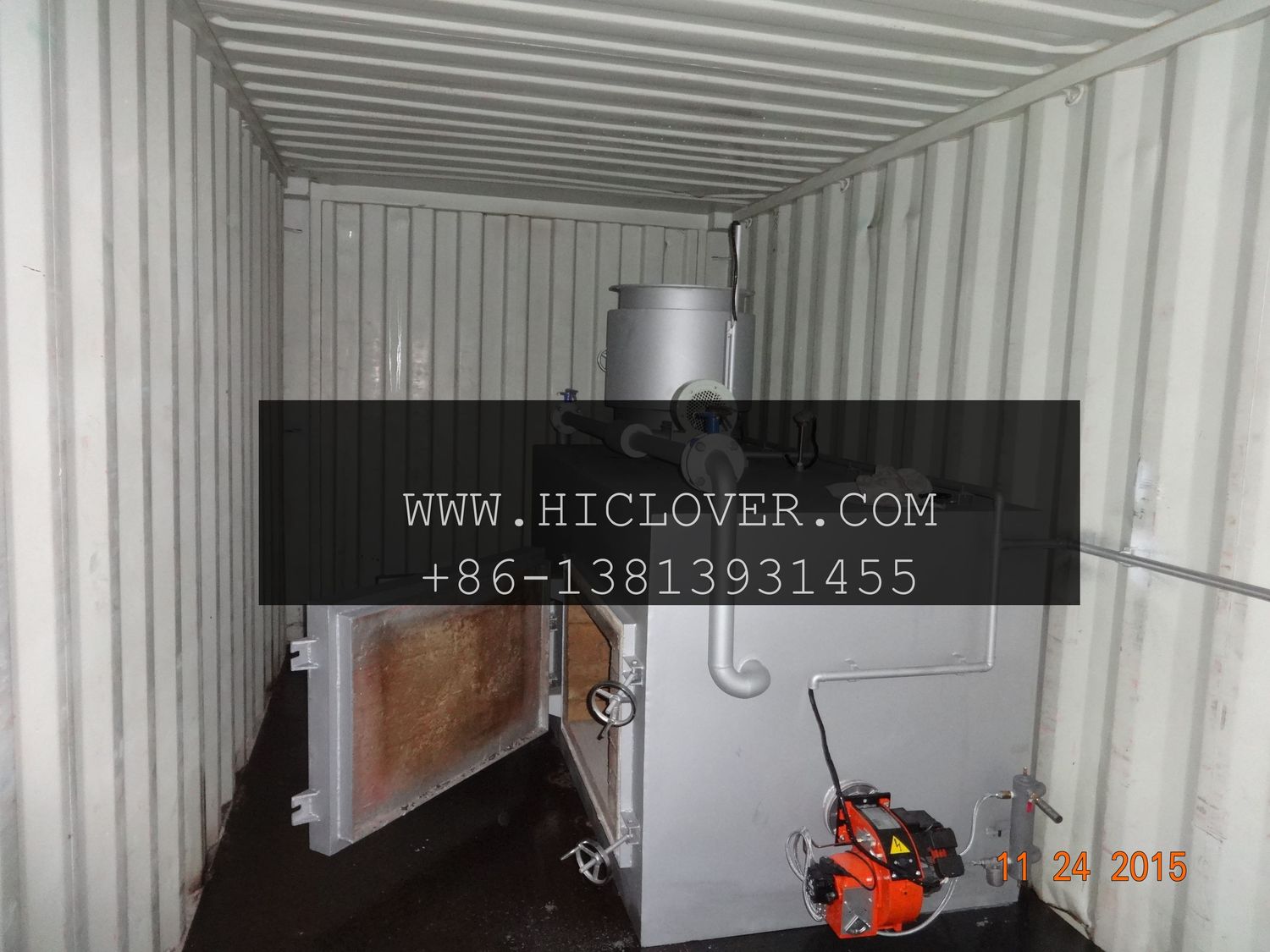Mobile Incineration Unit-A general term for incinerators designed for mobility
$30 000.00
Mobile Incinerator
Mobile Incineration Unit-A general term for incinerators designed for mobility
Mobile Incineration Unit-A general term for incinerators designed for mobility
Store Link: https://www.haiwos.com/ ***Product Details (***Please Sign In or Login to "My Account". Price is the EXW Factory Term price or send email to us get discount if possible and get shipping cost for delivery by CIF/C&F/FOB term: sales@hiclover.com***) WhatsApp on Mobile: +8613813931455
Mobile Incineration Unit: A Versatile, On-the-Go Waste Management Solution
Mobile incineration units are transforming waste disposal by offering portable, efficient, and environmentally friendly solutions. As a general term for incinerators designed for mobility, these systems provide an ideal alternative for waste management in remote locations, temporary setups, and emergency situations. In this article, we explore what a mobile incineration unit is, its key benefits, and various applications that make it an attractive option for industries worldwide.
What Is a Mobile Incineration Unit?
A Mobile Incineration Unit is an incinerator engineered for easy relocation and rapid deployment. Unlike traditional fixed-site incinerators, mobile units are designed to be transported via trailers, containers, or skids. This flexibility makes them perfect for use in areas where conventional waste disposal systems are impractical or unavailable. Whether it’s disaster relief, remote construction sites, or military operations, these units provide on-the-spot waste destruction without the need for extensive infrastructure.
Key Features of Mobile Incineration Units
Mobile incineration units incorporate several design features that set them apart:
- Portability: Engineered to be easily moved, these units are available in trailer-mounted, containerised, and skid-mounted options.
- Rapid Deployment: Their design allows for quick installation and operation, ensuring immediate waste management when needed.
- Efficient Combustion: Many models use advanced combustion techniques and secondary air injection systems, ensuring thorough burning and minimal residual ash.
- Robust Construction: Built with durable materials such as galvanized steel and high-temperature refractory linings, they are designed to withstand harsh operating conditions.
- Safety and Compliance: Mobile incineration units meet stringent environmental and safety standards, often including emissions controls that comply with regional regulations.
Benefits of Using Mobile Incineration Units
The advantages of mobile incineration units extend beyond their obvious portability. Here are some of the primary benefits:
1. Flexibility in Waste Management
Mobile incineration units are not tied to a single location. Their mobility means they can be relocated to address changing waste disposal needs. This is particularly useful for industries with seasonal operations or for emergency waste management during natural disasters.
2. Cost-Effective Operations
By enabling on-site waste disposal, mobile incinerators can reduce the costs associated with transporting waste to off-site facilities. This not only cuts operational expenses but also minimizes the environmental impact associated with long-haul waste transportation.
3. Environmental Advantages
Modern mobile incineration units are designed to burn waste efficiently, significantly reducing the volume of waste and converting it into minimal ash residue. Advanced emission control systems also help minimize pollutants, making these units a cleaner alternative to landfilling and open burning.
4. Rapid Response Capability
In emergency situations—whether it’s a disease outbreak, disaster recovery, or biohazard incident—time is critical. Mobile incineration units can be quickly deployed, providing a fast and secure method to dispose of hazardous waste, thereby reducing potential environmental and health risks.
Applications of Mobile Incineration Units
Due to their inherent flexibility and efficiency, mobile incineration units have found applications across a wide range of industries:
Emergency and Disaster Relief
When natural disasters or disease outbreaks occur, waste can quickly accumulate. Mobile incineration units can be deployed to affected areas to safely dispose of contaminated materials, reducing the risk of further health hazards.
Remote and Temporary Installations
Industries such as mining, construction, and agriculture often operate in remote locations where conventional waste disposal is impractical. Mobile incinerators offer an independent waste management solution that can be moved from one site to another as required.
Military and Field Operations
Military bases and field hospitals require secure and efficient waste disposal methods. Mobile incineration units provide an on-site solution that ensures hazardous and medical wastes are safely destroyed, maintaining hygiene and operational security.
Medical and Healthcare Facilities
Hospitals and clinics in remote or under-resourced areas can benefit from mobile incinerators to manage medical waste. The ability to quickly incinerate contaminated items helps prevent the spread of infections and complies with health regulations.
Choosing the Right Mobile Incineration Unit
Selecting the most suitable mobile incineration unit depends on several factors:
- Waste Type and Volume: Consider the type of waste (e.g., medical, agricultural, municipal) and the volume that needs to be incinerated. Different models offer varying capacities.
- Mobility Needs: Evaluate how often the unit needs to be relocated. Trailer-mounted units offer high mobility, whereas containerised options provide additional protection from the elements.
- Local Regulations: Ensure the chosen unit complies with environmental and safety standards set by local authorities.
- Operational Costs: Analyze fuel options, maintenance requirements, and overall operating costs to ensure cost-effectiveness over time.
Future Trends in Mobile Incineration Technology
Advancements in mobile incineration technology continue to enhance efficiency and environmental performance. Future trends may include:
- Integration with Renewable Energy: New models might incorporate energy recovery systems to convert waste heat into electricity.
- Enhanced Emission Controls: Ongoing improvements in filtration and secondary combustion processes will further reduce harmful emissions.
- Smart Monitoring Systems: The integration of IoT technology can allow real-time monitoring of incineration parameters, optimizing performance and maintenance schedules.
Conclusion
A Mobile Incineration Unit represents a pivotal advancement in modern waste management, offering unparalleled flexibility, rapid deployment, and cost-effectiveness. With applications spanning from emergency response to routine waste disposal in remote areas, these units are setting new standards in environmental and operational efficiency.
By choosing a mobile incineration solution, organizations can achieve secure, on-site waste destruction while complying with environmental regulations and reducing overall waste management costs. As technology continues to evolve, mobile incinerators will undoubtedly play an increasingly important role in sustainable waste management practices worldwide.
Display prices in:USD
